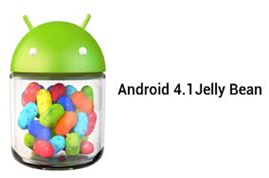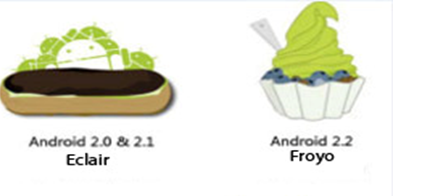 Evolution of Android
Evolution of Android
Android powers hundreds of millions of mobile devices in more than 190 countries around the world. It’s the largest installed base of any mobile platform and growing fast—every day another million users power up their Android devices for the first time and start looking for apps, games, and other digital content.
Android gives you a world-class platform for creating apps and games for Android users everywhere, as well as an open marketplace for distributing to them instantly.
Building on the contributions of the open-source Linux community and more than 300 hardware, software, and carrier partners, Android has rapidly become the fastest-growing mobile OS.
Android’s openness has made it a favorite for consumers and developers alike, driving strong growth in app consumption. Android users download more than 1.5 billion apps and games from Google Play each month.
With its partners, Android is continuously pushing the boundaries of hardware and software forward to bring new capabilities to users and developers. For developers, Android innovation lets you build powerful, differentiated applications that use the latest mobile technologies.
 Android Versions
Android Versions
The first beta release of Android was released in 5 November 2007 With Android 1.5, Google started to give a nickname to all Android versions. Some of the version as as follows
Android 1.5’s nickname was “Cupcake” (video recording update)
Android 1.6 Donut (speed upgrade) 
Android version 2.0 was called Éclair
Android v2.2 was called Froyo and was one of the most effective versions of Android. It’s still used by many Android devices. Adobe Flash support was the main upgrade, Wi-Fi support was another important feature.
Android version 2.3, Gingerbread(significant speed optimization)
 Android 3.0 Honeycomb is the “ Only-tablet” version of Android.
Android 3.0 Honeycomb is the “ Only-tablet” version of Android.
Android 4.0 Ice Cream Sandwich version – It’s started to release for different Android phone models.
Android 4.1/4.2 Jelly Bean, Google announced Android 4.1 (Jelly Bean) at the Google I/O conference on 27 June 2012.
Based on Linux kernel 3.0.31, Jelly Bean was an incremental update with the primary aim of improving the functionality and performance of the user interface




